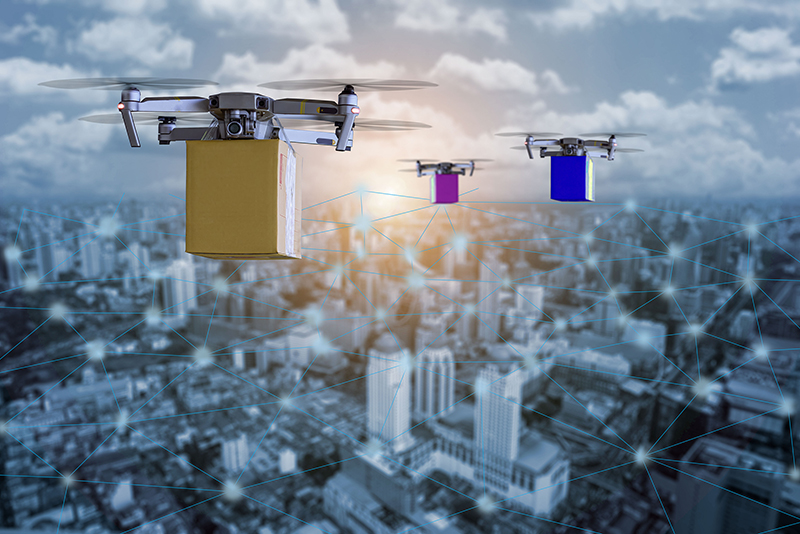Press Release
Johns Hopkins APL, IEEE to Co-Host International Conference on Assured Autonomy
Autonomous systems, in which machines make thousands of decisions with little or no human input, are on track to transform the world. But creating and implementing autonomous systems that are safe and trusted and that operate for the benefit of society will take international coordination across many levels of technology, ethics and policy.
To that end, the Johns Hopkins Institute for Assured Autonomy (IAA), in partnership with the Johns Hopkins Applied Physics Laboratory (APL) and IEEE, is launching the IEEE International Conference on Assured Autonomy (ICAA). The virtual conference will take place March 22-23.
Advances in machine learning and artificial intelligence (AI) have shown promise in automating complex decision-making across multiple domains, including transportation, critical infrastructure and cyber infrastructure. As the algorithms developed for these purposes are integrated into real-world systems, they will require significant support in terms of systems engineering and policy solutions to address the safety, security and privacy issues that will arise.
The ICAA provides a forum for experts to address the gap between theory and actual implementation of these systems.
Lanier Watkins, the conference chair and a senior cybersecurity research scientist at APL — which leads the IAA jointly with the Johns Hopkins Whiting School of Engineering — said it can be useful to think of autonomy along a spectrum. A level one system requires direct manual human intervention, and on level four, an autonomous agent creates and approves its own rules.
“Right now, autonomy is seen as a disruptive technology, and everyone wants to be at level four right away,” he explained. “But we need to be prepared for what happens when we reach that level — how can you be sure that the machine is really doing what you want it to do, that it’s actually doing something good, that it’s working on behalf of the user?”
Creating that assurance and trust, in collaboration with the community of engineers, scientists, ethicists, policymakers and others who are working on the problems around assured autonomy, is the IAA’s mission and was the original impetus for the workshop, Watkins said. What began in 2019 as a conference internal to the Johns Hopkins enterprise has now grown into an event, in partnership with IEEE, that brings together people from academia, government and industry from around the world. IEEE is the world’s largest technical professional organization dedicated to advancing technology for the benefit of humanity.
Engaging and fostering the development of that larger community, and coordinating its efforts, is a key benefit and goal of the ICAA, said Cara LaPointe, program manager of the Assured Intelligent Systems program in APL’s Homeland Protection Mission Area and co-director of the IAA.
“Assured autonomy is still a relatively new concept, and in terms of sharing knowledge, the people working on all the different aspects of the problem tend to be siloed off from one another,” LaPointe said. “So one of the most important goals we hope to achieve with this conference is to bring that community together to pool our knowledge, to look at assured autonomy holistically and identify the gaps in our knowledge so we can work to fill in those gaps together.”
Achieving the vision of assured autonomy, by driving a future in which autonomous systems are both trustworthy and trusted across society, will require coordinated collaboration on a global scale, LaPointe added. “No one institution or sector alone is going to realize this vision — we are going to have to do this together as a worldwide community.”
In addition to Watkins, the ICAA’s leadership committee includes conference co-chair Howard Shrobe, principal research scientist at the Massachusetts Institute Technology Computer Science and Artificial Intelligence Laboratory; program chair Chris Rouff, a computer scientist at APL; program co-chair Reza Ghanadan, head of the Alexa AI Prize at Amazon; and Sebastian Zanlongo, the webmaster and technology specialist for the conference. The program committee includes Anna Loskiewicz-Buczak, Aurora Schmidt, Ali Tekeoglu and Leonardo Babun, all from APL.
Conference registration is open. For additional information, please see the conference website.
